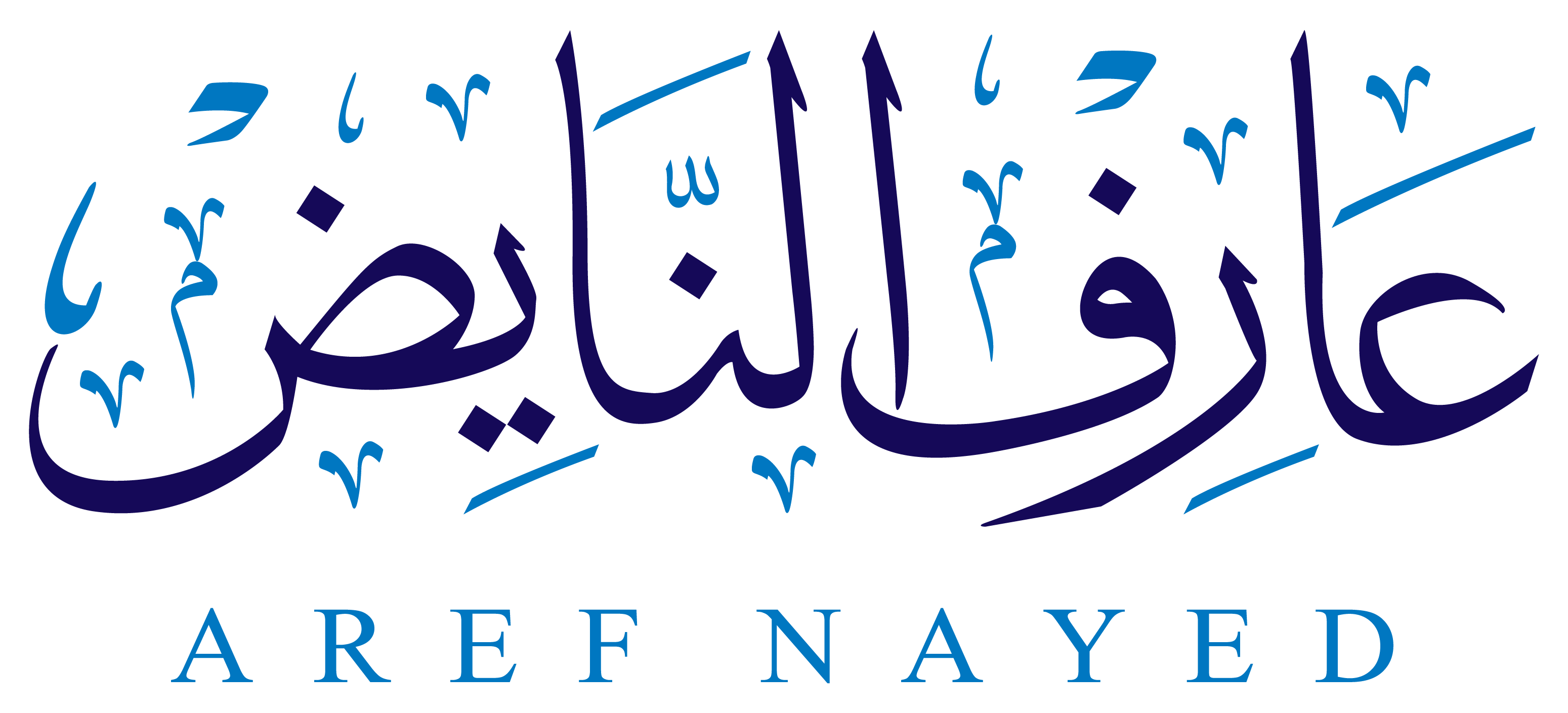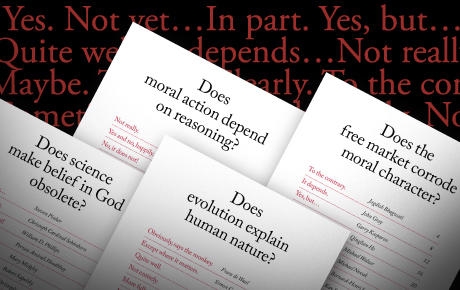Dr Aref Nayed, Director of Kalam Research & Media, contributes an article in the new issue of the Templeton Foundation’s Big Question Series. The theme of the new issue is “Does Moral Action Depend on Reasoning?” and also contains essays by leading scientists, scholars and thinkers such as Michael Gazzaniga, Rebecca Newberger Goldstein, Alfred Mele, Stanley Fish, Christine M. Korsgaard, Joshua D. Greene, Jonathan Sacks, John F. Kihlstrom, Jonah Lehrer, Jean Bethke Elshtain, Antonio Damasio, and Robert P. George.
Big Questions Series is a signature publication of the Templeton Foundation and provides lively argument and analysis on the full range of Templeton themes, exploring science, religion, markets, and morals from a variety of perspectives. The ongoing essay series brings together eminent scientists, scholars, and public figures to offer their various perspectives on the Big Questions of human purpose and ultimate reality.
The sixth issue of the Big Question Series focussed on the question “Does Moral Action Depend on Reasoning?” In most of the world’s philosophical and religious traditions, reason is considered a key element in helping human beings to discern what is morally appropriate and right, and thus in guiding our moral behavior. In recent years, however, a number of researchers in psychology, neuroscience, and philosophy have made the case that reason does not function in the way these traditions have supposed. Some argue, for example, that our moral intuitions and ideas are pre-rational or non-rational. Others see moral decision-making primarily as a result of particular environmental or social contexts. Still others hold that moral belief and action spring from deep-seated emotional and psychological dispositions about which we have limited or no self-awareness. Even from many traditional religious points of view, the role of reason can be problematic, since it suggests that we have an ability to know moral truths and live moral lives free from divine guidance.
Where and how are the crucial lines to be drawn in this discussion? To what extent are people capable of consciously controlling their moral behavior? Is our capacity for reasoned moral decision-making real or illusory? Are we as free as we like to think? In the hope of dealing with this topic the Templeton Fondation asked a number of leading scholars to contribute short essays to answer this question. Excerpts from these essays run in a series of high-profile publications as the Atlantic, the Chronicle of Higher Education, theEconomist, the Sunday New York Times, and the New York Review of Books, as well as online at various sites.

